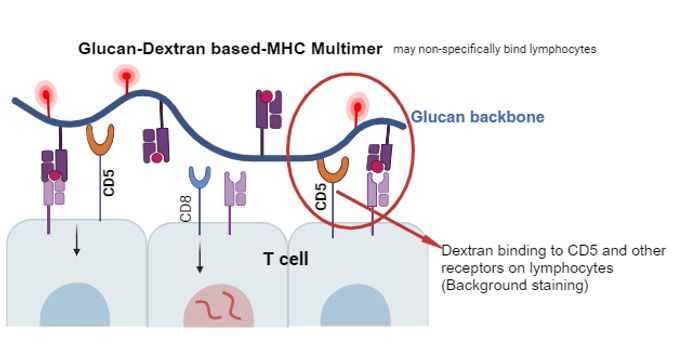Scientists ID Key Protein in Ovarian Cancer's Growth
Seeking to unravel the mysteries surrounding ovarian cancer development, researchers at the University of Michigan identified a protein that appears to be key to the cancer’s proliferation and migration.

The protein of interest is an epidermal growth factor protein, known as EGFL6. Proteins in this family are involved in cell growth, proliferation, and differentiation. As such, it is not hard to imagine a role for these rogue proteins in cancer development.
For ovarian cancer, researchers found that EGFL6 seemed to trigger cancer’s growth by 2 to 3 times the normal rate. In particular, this protein seemed to assert its effects on cancer stem cells, which can give rise to other cancer types. Of note, these types of cells are often more resistant to treatment.
The team found that EGFL6 spurred cancer stem cells to divide not only more often, but in an asymmetric fashion. That is, after division, the resulting daughter cells don’t have identical characteristics. This property increases the likelihood of further cancer mutations and cancer cell diversity, making it that much more difficult to treat.
"What this means is that the stem cell population remains stable. But the daughter cells, which can have a burst of growth, multiply and allow the cancer to grow," says Ronald J. Buckanovich, a professor of hematology/oncology and gynecologic oncology at the University of Michigan Medical School, and the study’s senior author.
In addition, the team found that along with abnormal growth and division, EGFL6 also made it more likely for cells to migrate. In the context of cancer, this means that the protein enables cancer cells to metastasize. Treatment of an antibody blocking EGFL6 in mice showed a significant reduction in cancer growth and metastasis – good news for treatment options in human ovarian cancer cases.
"The bigger implication is for women at high risk of ovarian cancer," he notes. "These patients could be treated before cancer develops, potentially blocking cancer from developing or preventing it from spreading. If cancer did develop, it could be diagnosed at an early stage, which would improve patient outcomes."
Ovarian cancers have one of the highest mortality rates, ranking fifth in cancer deaths among women. Of the 22,000 new estimated cases of ovarian cancer this year, only 10-15 percent of patients will be successfully treated. Thus, the team is hoping to produce a version of the EGFL6 antibody for humans, which is not yet available.
Additional source: University of Michigan Health System








